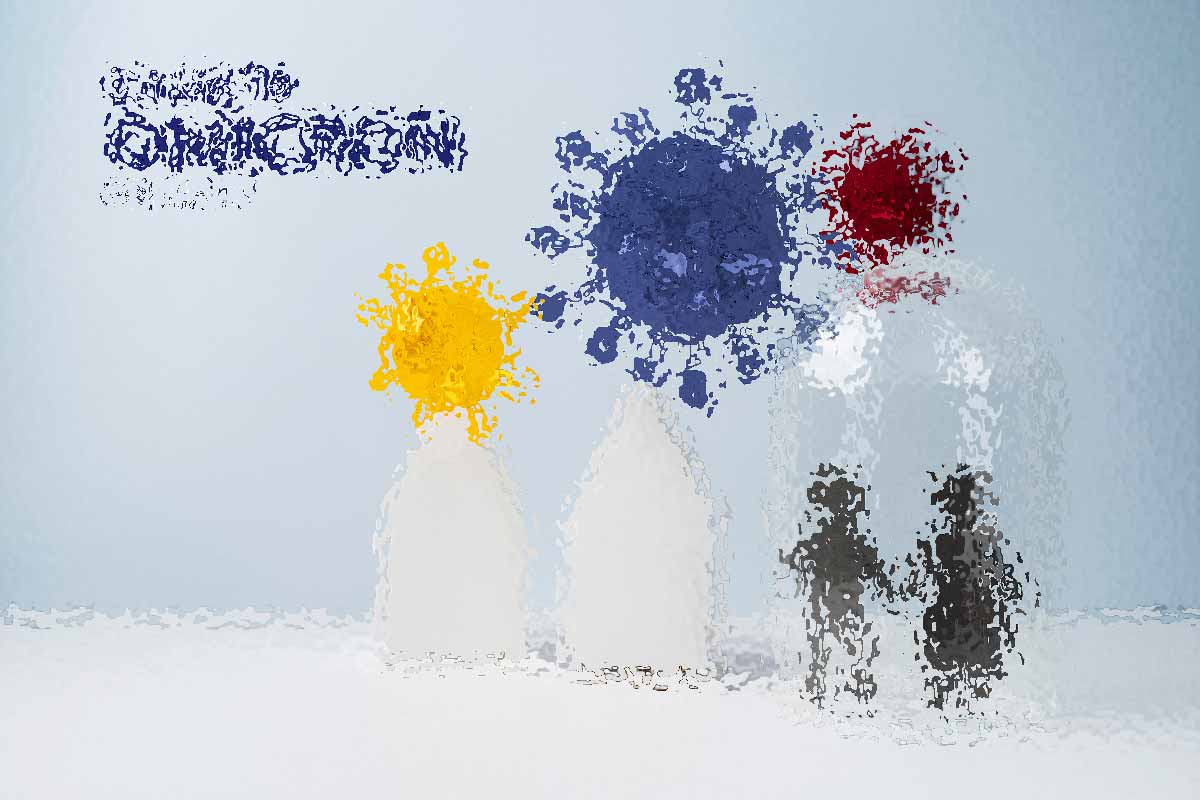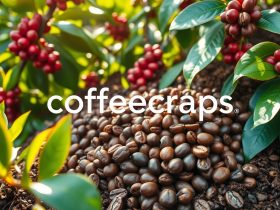As a coffee lover, I’ve always wondered: is there a big difference between organic and conventional coffee beans? With more people loving specialty coffee and caring about the planet, this question matters a lot. We’ll look at the main differences between these two types. We’ll talk about how they’re grown, processed, taste, and if they’re good for you.
Key Takeaways
- Organic coffee is made without synthetic pesticides and fertilizers. Conventional coffee often uses these chemicals.
- Organic farming is better for the environment, but organic coffee costs more.
- The taste of organic coffee is often richer and more complex than conventional coffee.
- Both types of coffee are healthy, but organic might have more antioxidants and less pesticides.
- Fair trade certification helps coffee farmers get better pay and work conditions, no matter if their beans are organic or not.
The Farming Methods: Organic vs. Conventional
Organic and conventional coffee farming are very different. Organic farms don’t use synthetic pesticides or fertilizers. They use natural methods to keep pests away and make the soil better.
Conventional farms, however, use lots of chemicals to grow more coffee. This can harm the environment, like polluting water and killing off plants and animals.
Pesticide Use and Environmental Impact
Pesticides in conventional farming are a big problem. They can poison water, hurt animals, and even harm the farmers. Organic farming avoids these chemicals, keeping the environment safe.
Fair Trade Certification and Sustainable Agriculture
Many organic farms are also fair trade certified. This means farmers get a fair price for their coffee and work in a safe, green way. Fair trade helps farmers and encourages farming that’s good for the planet.
“Organic farming is not just about the absence of chemicals; it’s about creating a holistic, self-sustaining system that benefits both the environment and the people who work the land.”
Organic vs. Conventional Coffee Beans: Is There a Big Difference?
Organic and conventional coffee beans come from the same plant. But, they have some big differences. These differences affect the taste, quality, and how good they are for the planet.
Organic coffee beans are smaller and denser. They are not grown with synthetic fertilizers. This makes them taste more complex and rich.
Another big difference is in how they are grown. Organic farming doesn’t use pesticides and herbicides. This means organic coffee tastes more varied, with hints of fruit, flowers, or earth. Conventional coffee might taste more uniform, as chemicals can hide some of the natural flavors.
“The absence of pesticides and herbicides in organic farming can result in a more complex, nuanced flavor profile, with hints of various fruit, floral, or earthy notes.”
The way coffee is grown also affects the environment and people. Organic coffee is better for the planet. It doesn’t harm the soil, water, or local animals. Plus, many organic farms are Fair Trade, ensuring fair pay and safe work for farmers and workers.

In short, organic and conventional coffee beans are different. The way they are grown, their taste, and their impact on the planet are all unique. Knowing these differences helps coffee lovers make better choices. It supports a fair and sustainable coffee industry.
Flavor Profiles: What’s the Difference?
Organic and conventional coffee beans have different flavors. This comes from how they are processed and roasted. Organic beans use old, gentle methods. This keeps their natural taste and subtle flavors.
Conventional beans, on the other hand, might get more intense processing. This can include chemicals or machines. It makes their taste more alike.
Bean Processing and Roasting Techniques
How coffee beans are processed affects their taste. Organic roasters roast slowly to bring out the bean’s true flavors. Conventional roasters might roast faster and hotter. This changes the coffee’s smell, taste, and feel.
- Organic coffee beans are processed using traditional wet or dry methods, which can preserve the bean’s natural flavors.
- Conventional coffee beans may undergo more intensive processing, including the use of chemicals or machine-driven techniques, resulting in a more uniform flavor profile.
- The roasting process also plays a crucial role in shaping the final taste of the coffee, with organic roasters often using gentler, slower methods to highlight the bean’s natural characteristics.
The way coffee beans are processed and roasted makes them different. This lets coffee lovers enjoy unique tastes from each type.

“The flavor of coffee is a delicate balance of art and science, where the processing and roasting techniques used can make all the difference.”
Health Benefits: Organic or Conventional?
Research shows that organic and conventional coffee have different health benefits. Organic coffee might have more antioxidants and nutrients like chlorogenic acid. This is because it doesn’t have synthetic chemicals. But, some studies say there’s no big difference in their nutritional values.
The real health benefit of organic coffee might be its sustainable production. Organic farming uses fewer pesticides and chemicals. This is good for the environment and the coffee farmers. So, whether you pick organic or conventional, coffee can be healthy if you drink it in moderation.
Thinking about the health benefits of coffee, I see that the science isn’t clear. Organic coffee might have some nutritional perks. But, its real value could be in how it’s made, which is better for the planet and people. In the end, choosing organic or conventional coffee is up to you. The key is to enjoy it as part of a healthy lifestyle.
FAQ
What are the key differences between organic and conventional coffee beans?
Organic coffee farms don’t use synthetic chemicals. They choose natural, sustainable ways to grow their beans. Conventional farms use lots of chemicals to grow more beans and fight pests.
This affects the environment, fair trade, and how the beans taste.
How do the farming methods affect the environmental impact of coffee?
Organic farming is better for the environment. It uses natural ways to keep pests away and make the soil rich. This avoids harming the soil, water, and wildlife.
What are the differences in flavor profiles between organic and conventional coffee beans?
Organic coffee tastes more complex and nuanced. It might taste like fruit, flowers, or earth. Conventional coffee tastes more standard, as chemicals can hide the natural flavors.
How do the processing and roasting techniques affect the flavor of organic and conventional coffee?
Organic coffee is often processed in traditional ways. This keeps more of the bean’s natural taste. Conventional coffee might use chemicals or machines, making it taste more uniform.
The roasting method also matters. Organic roasters use gentle, slow methods to bring out the bean’s flavors.
Are there any notable health benefits to drinking organic coffee over conventional?
The health benefits of organic coffee are not clear. Some studies say it has more antioxidants and nutrients because of no chemicals. But other studies found no big difference.
Maybe the biggest health benefit is the sustainable way it’s made.
Read More Blogs:
How to clean your Italian coffee maker? in 10 steps
How to Brew Coffee With a Keurig for Better Taste













Leave a Reply